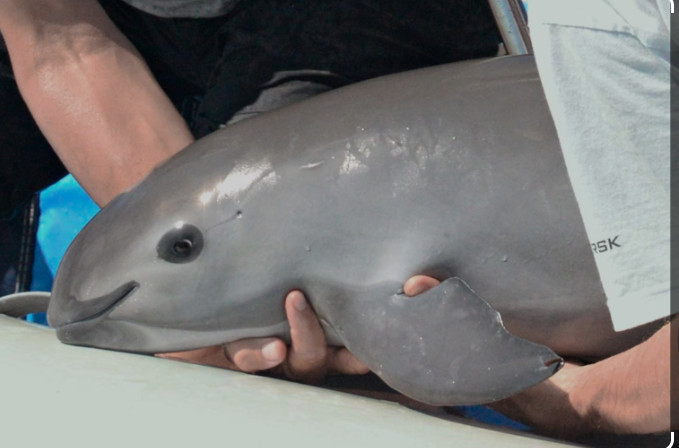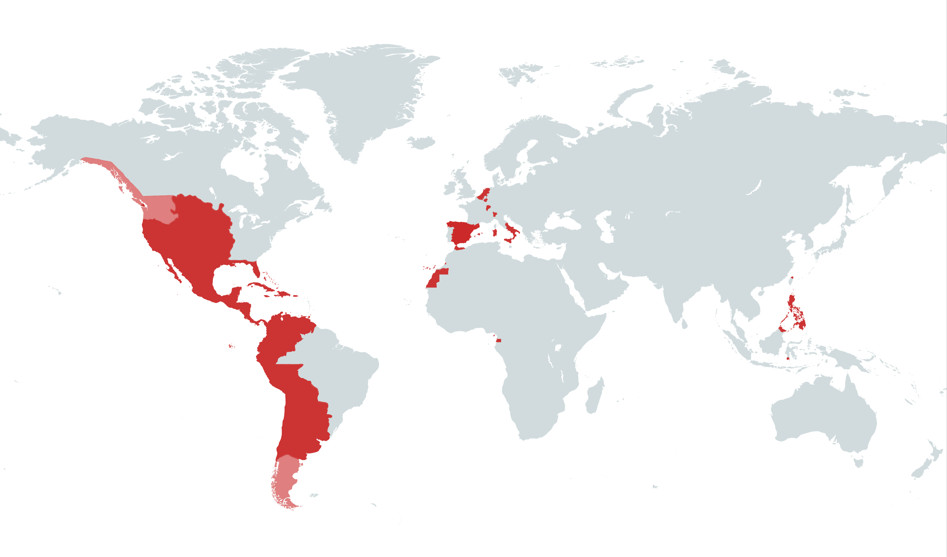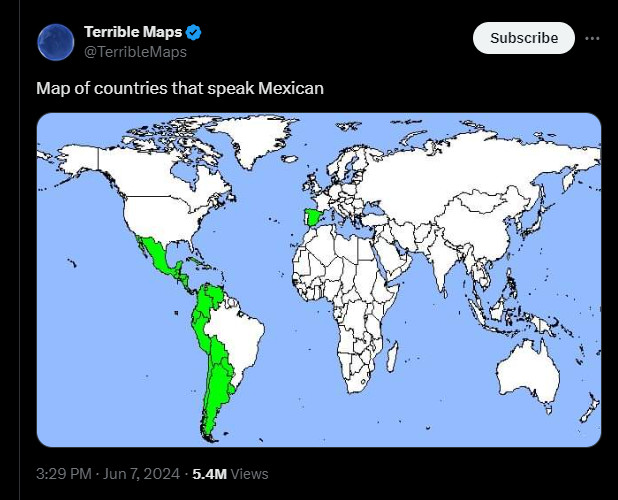Cornudo
First and foremost, cuerno in Spanish, and corno in Italian and Portuguese means horn. The expression “cornudo” is a term used in Spanish to describe a man whose wife or girlfriend has been unfaithful to him. The literal translation of “cornudo” is “horned one,” and it carries a strong connotation of being cheated on. […] More













